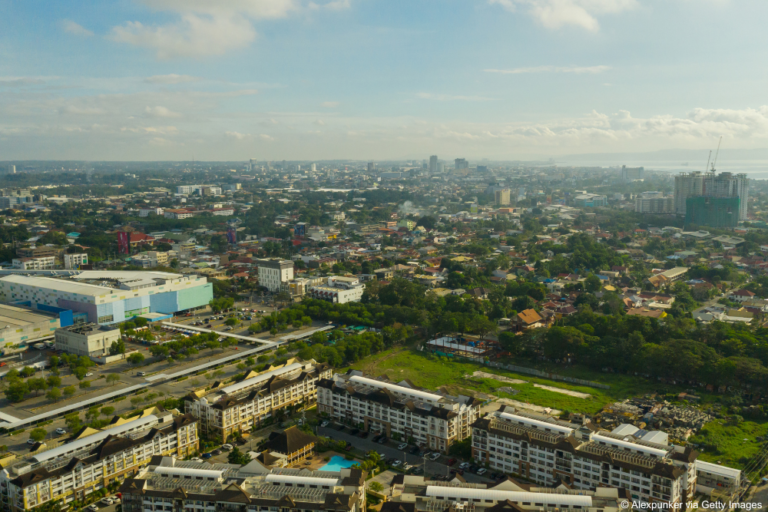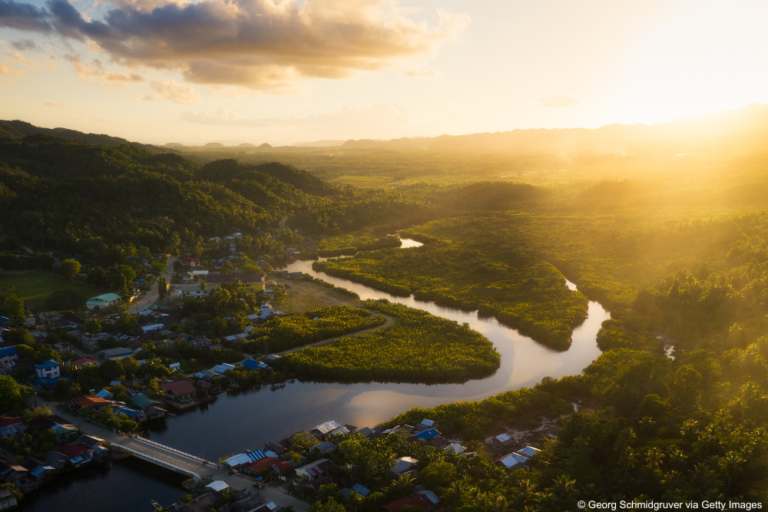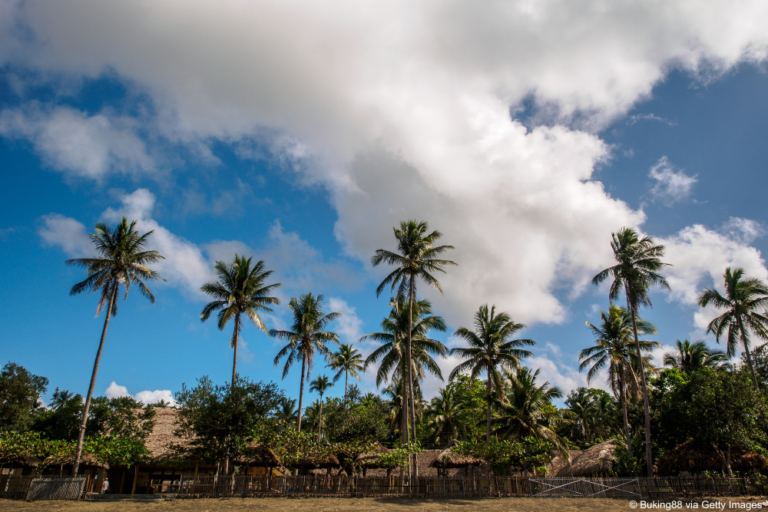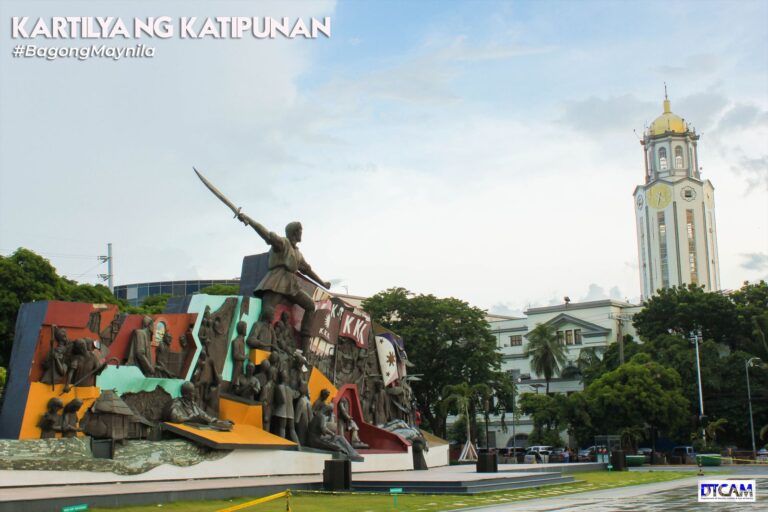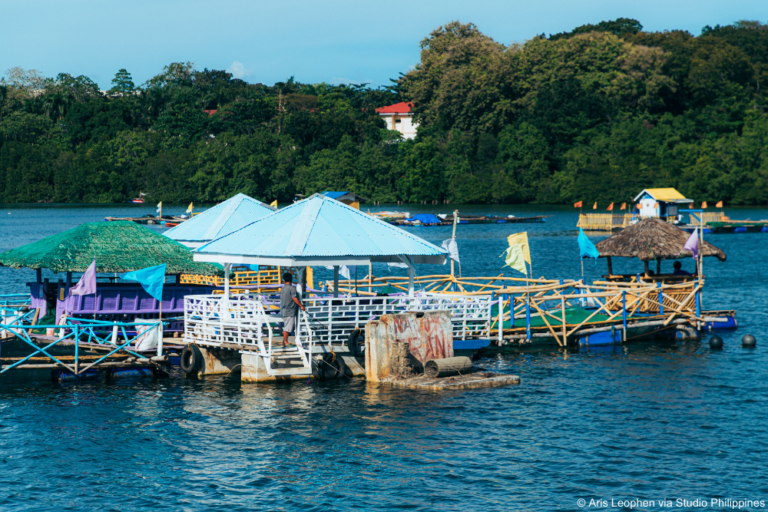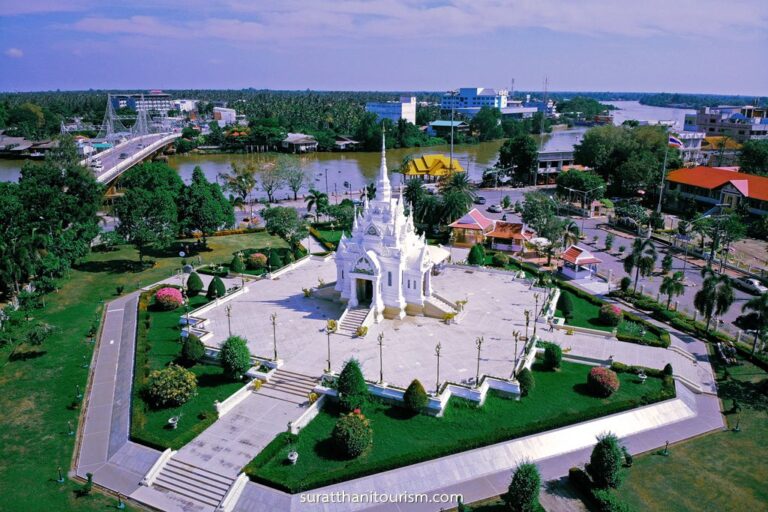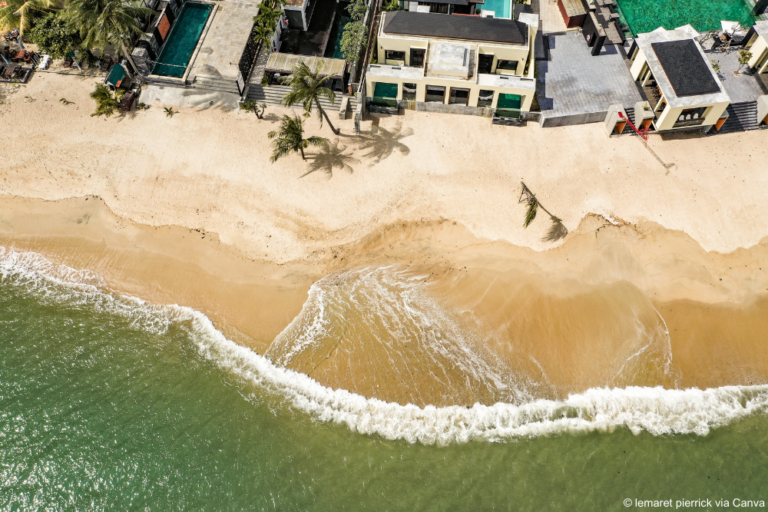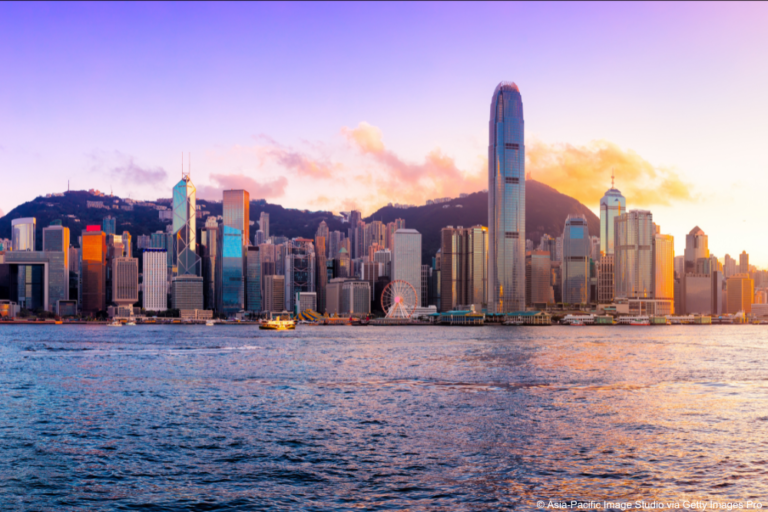HONG KONG
In 2020, Hong Kong joined the Plastic Smart Cities initiatives which supported various important project.
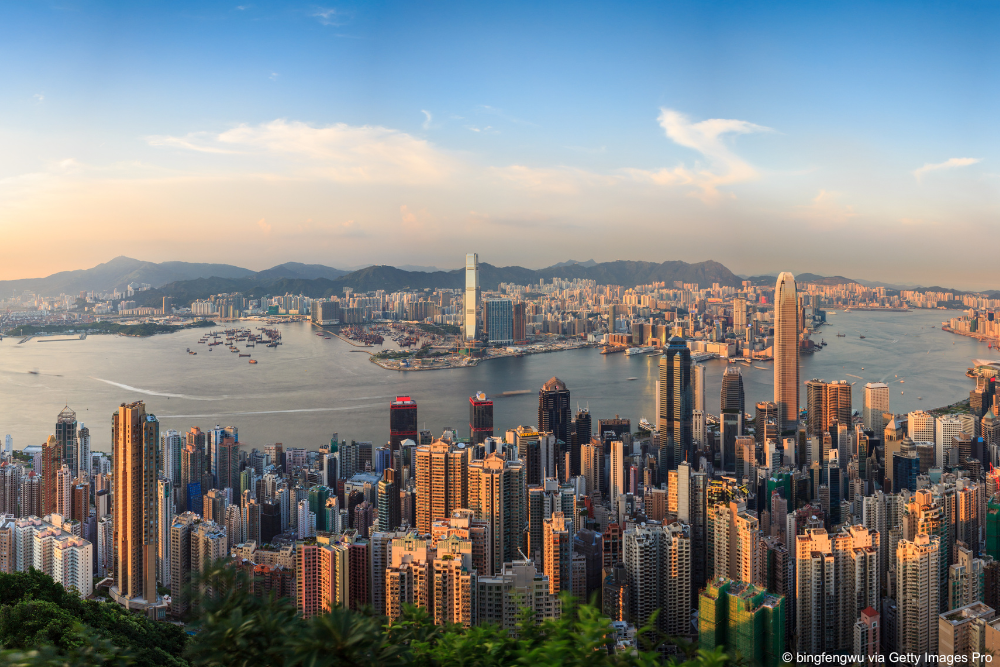
CITY Hong Kong
COUNTRY: China
POPULATION: 7.4 millions
JOINED: 2020
SIGNED DECLARATION: There is no official “city-level” document signed
CHIEF EXECUTIVE: John Lee
Hong Kong is officially known as the Hong Kong Special Administrative Region of the People's Republic of China. With 7.4 million residents of various nationalities in a 1,104-square-kilometre territory, Hong Kong is one of the most densely populated territories in the world, and one of the most significant financial centres and commercial ports. The city is the world's fourth-ranked global financial centre, ninth-largest exporter, and eighth-largest importer. Although it is most famous for its mesmerising skyline and night view of the vibrant city, Hong Kong provides a rich landscape with rich terrestrial and marine biodiversity.
As Hong Kong favours a culture of disposables and overpackaging, a large amount of plastic waste is generated annually. Unsustainable disposable plastic packaging is very common among citizens, as it remains the largest available option in the market. With the fast-paced lifestyle and love for convenience, Hong Kong relies heavily on food delivery and takeaways, which contributes to the 200 tonnes of plastic tableware being disposed of daily in Hong Kong. In 2021, 21% of the total municipal solid waste consisted of plastic, which makes plastic the second largest contributor to the city’s municipal waste. The overwhelming amount of plastic is related to the low recycling rate and inadequate amount of recycling facilities, which traditionally relied on only low-value output and export. Although there are more recycling facilities that recycle different types of materials, such as the tetrapak cartons, the recycling rate remains low due to the locals’ distrust of the recycling system.
WWF-HK has been working on the plastic problem from 2012, from organising beach clean ups and coastal survey, to striving to reduce plastic at source now. In 2020, we joined the Plastic Smart Cities initiatives which supported various important projects. We invited the Tai Po District Councillor to sign the pledge in order to promote plastic reduction, and the circular economy in Hong Kong.
Community-based activities
Under the PSC initiative, various projects were carried out to raise awareness of plastic pollution and reduce plastic use. The Blue Ocean Incubator programme seeks to implement innovative and sustainable projects in the community, with six teams selected to implement their pilot projects starting in September 2019. The teams explored using surveys, drama performances, fishermen engagement, reusable box scheme etc. to engage the public into reflecting on the environmental impact of our daily habits and to encourage plastic reduction practices.
Ghost Gear Detective is a citizen scientist program that collects location data of ghost gear in Hong Kong. Ghost gear, known to be the deadliest marine litter in the ocean, poses fatal risks to marine life by entangling, drowning, and suffocating wildlife, and it is one of the top 10 most found marine litter in Hong Kong. Retrieval is the only effective mitigation for fishing nets that have already been lost. Therefore, WWF-HK collaborated with the government on a reporting mechanism, which allows divers to report the location and details of sighted ghost gear to the Agriculture, Fisheries and Conservation Department. The accuracy of the data reduces the time and resources required to carry out retrieval operations. More than 260 reports have been received, with more than 280 pieces of ghost gear found since the program started in 2019.
Hong Kong faced a Styrofoam box piling up problem during Covid-19 due to the border closure between China and Hong Kong. In collaboration with the Tai Po District Councillors, WWF-HK carried out a series of plastic upcycling workshops to raise awareness on ocean plastic pollution and to promote circular economy. Through hands-on experience of shredding, injecting and moulding plastic, participants were able to understand the recycling process on an industrial level, with a take-home token made from discarded plastic collected in Hong Kong waters. More than 90% of participants expressed that they are more aware of the plastic pollution problem, and were willing to change their lifestyle to reduce plastic usage.
We also conducted a survey to collect data on Hong Kong’s Styrofoam problem in order to understand the logistics and flow of how Styrofoam boxes are being collected and treated after use. Styrofoam boxes are commonly used to transport fresh goods in Hong Kong, while some will be transported back to mainland China to be reused, the remaining will be managed through one local Styrofoam recycling facility, or being sent to landfills. We shared the results of the survey to the public through social media to promote the concept of circular Styrofoam economy and we hope to see more Styrofoam boxes compactor available in wet markets in the future to facilitate a more efficient transportation of Styrofoam to recycling or for reuse purposes.
Business Engagement
The ECF: Choose to Reuse programme is the first close-loop food packaging reusable programme in Hong Kong. The COVID-19 pandemic has made us realise how much single-use plastic tableware we have consumed on takeaways and food delivery services. In 2022, WWF-HK began to partner with foodpanda to combat the plastic tableware crisis by offering reusable options to customers in food delivery services. The programme's first phase has already saved more than 15000 disposable food containers.
Policy Advocacy
In addition to specific projects on raising awareness and providing more options to the society to reduce plastic waste, reuse durable plastics, and track and clean existing plastic debris in the environment, we have also advocated implementing plastic policies in Hong Kong. Over the past couple years, we have urged the government to increase the local plastic bag levy and restrict the production and sale of single-use plastic items. In December 2022, the new plastic bag levy policy was made effective, increasing the existing plastic levy from $0.5 to $1 Hong Kong Dollars. The Hong Kong government is now working on the single-use plastic item ban details. WWF-HK will continue to urge the government to adopt best practices to help the society transition to a circular economy and reduce plastic waste.
Environment and Conservation Fund:
Choose to Reuse (collaboration with foodpanda)
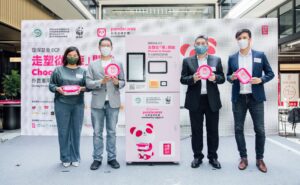
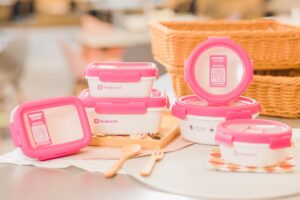
HKGhostGear
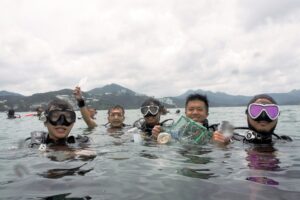
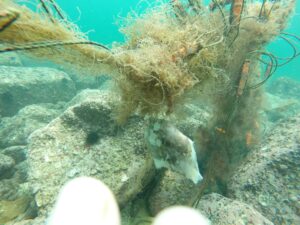
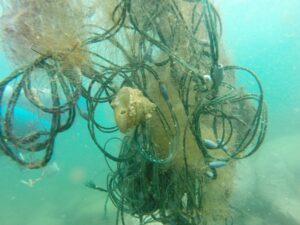
Explore other cities in Asia
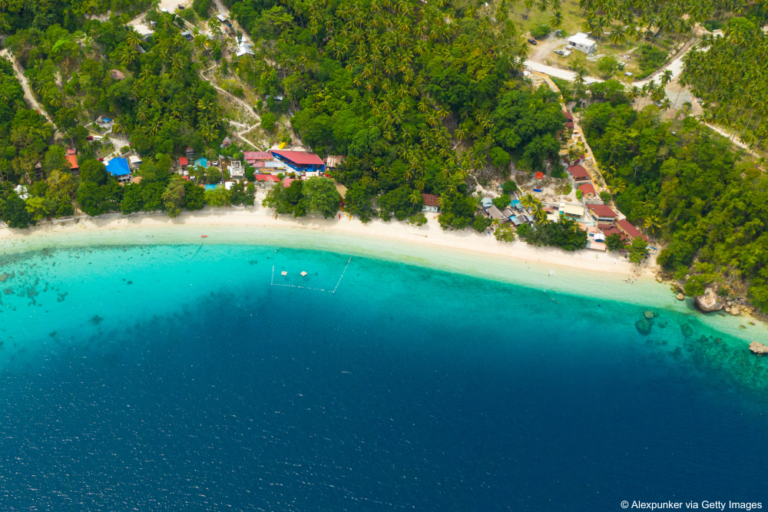


Geocoding Error Occured.
Tried to Geocode:
Error Type:
Please be sure to follow the tutorial on how to setup the Google APIs required for the Advanced Google Map Widget.
Google Map API Key Tutorial